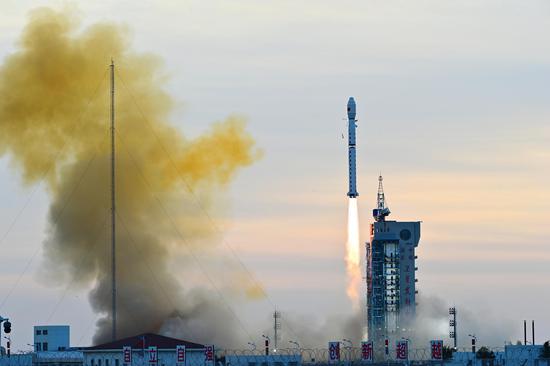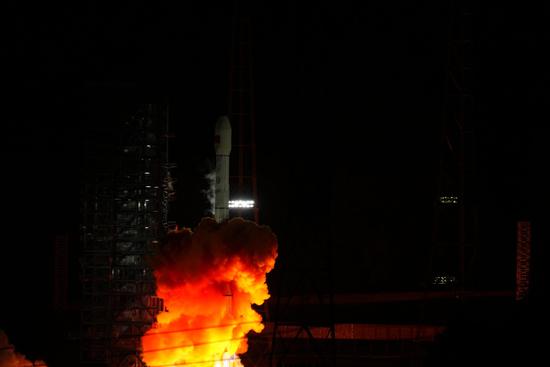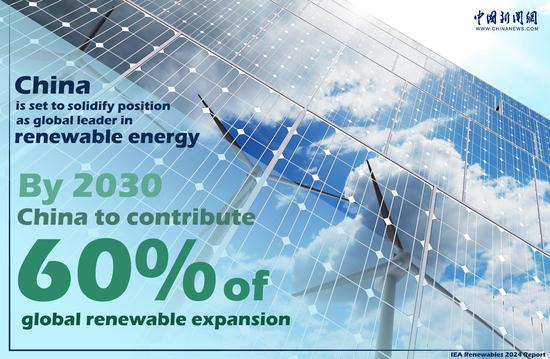(ECNS) -- Tsinghua University released the 2024 Global Carbon Neutrality Annual Progress Report in Beijing on Thursday.
The report, jointly compiled by researchers from Tsinghua University and China University of Petroleum, updates and builds upon the 2023 edition. It systematically evaluates the progress of 197 countries in carbon-neutral commitments, advancing low-carbon technologies, securing climate investment and financing and international climate cooperation.
According to Wang Can, an official with Tsinghua University's Institute for Carbon Neutrality who led the report’s development, as of May 2024, 151 countries had set carbon neutrality targets, with 120 of them legally enshrining these goals through laws or policy documents.
The report highlights significant regional differences in the adoption of zero-carbon technologies despite their global deployment. China, the U.S. and the EU accounted for 70 to 90 percent of the deployment of global renewable energy, electric vehicles, green hydrogen, biofuels, and carbon capture, utilization, and storage.
As a critical technology underpinning the carbon neutrality transition, renewable energy is not growing rapidly enough to achieve the COP28 target set in December last year, which calls for a threefold increase in global renewable energy capacity by 2030, the report warns.
The report notes that the global carbon neutrality process is shifting from goal setting to implementation, with countries making notable progress in achieving these goals, but gaps remain in the areas of policy, actions, and outcomes.
It concludes that the current pace of carbon neutral technology development, climate finance and international cooperation are not sufficient to support the realization of carbon neutrality.
The report further emphasizes the need to fully respect the diverse carbon-neutral pathways and calls for expanding the global adoption of advanced low-carbon technologies through enhanced international cooperation.


















































 京公网安备 11010202009201号
京公网安备 11010202009201号